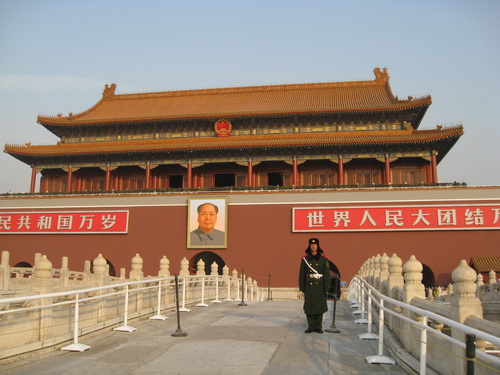China's Educational History

It would be wrong not to consider China as being the first country to develop a tertiary system of education. Confucius was born on September 28, 551 BC and lived until 479 BC. He was a teacher editor, politician and philosopher. While his philosophy was based on loving others and observing self-discipline, his education system was based on six “arts”, these being archery, calligraphy, computation, music, chariot driving and ritual while encouraging people to live with integrity, benevolence and propriety.
Confucius did not establish a tertiary system and certainly his teachings at that time would not have been universally available but it was the beginning of a new era in education. During the Han Dynasty (206 BC- 220 AD) Emperor Wu who favoured Confucianism established it as a national educational doctrine. The objective was to establish an educated class that could become civil servants. The basic doctrine was that “those who labour with their minds govern others, while those that labour with their strength are governed by others”.
It was not until 605AD that Imperial Examinations were introduced which required students to compete so that they could obtain a Government position. This changed dramatically during the Qing Dynasty (1644 AD) where students were directed more to the study of the classics and literature. Professors at this stage rarely taught, but instead offered advice. and acted as critics into the research being carried out. Perhaps at this point China could arguably claim that academic freedom had been given to the students, but as many students were paid a stipend, that freedom may not have extended very far.
